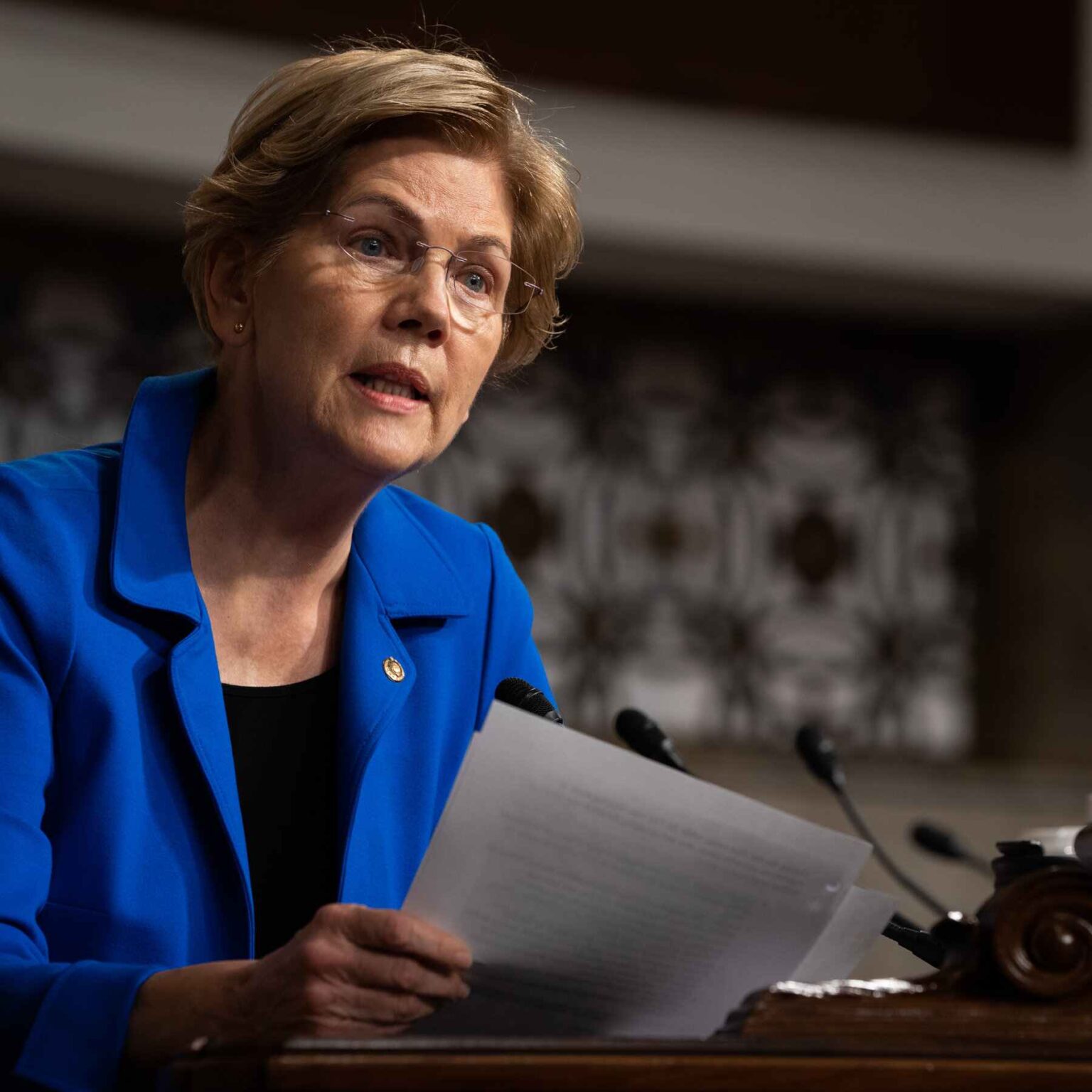Concerns Surrounding the CLARITY Act: A Legislative Risk for Financial Integrity
The Digital Asset Market Clarity (CLARITY) Act is currently under scrutiny in the U.S. House of Representatives, particularly due to concerns raised by Senator Elizabeth Warren. The proposed legislation allows companies like Tesla and Meta to potentially bypass oversight from the Securities and Exchange Commission (SEC) through the tokenization of their assets. During a Senate Banking Committee hearing, Warren articulated fears that such a move could erode important financial regulations, leading to irresponsible market behavior.
Senator Warren articulated her concerns with stark clarity, stating that the CLARITY Act permits publicly traded companies to tokenize their stock on a blockchain, which could result in a significant circumvention of SEC regulations. She emphasized that this legislative change could undermine the integrity of U.S. financial markets, jeopardizing the very investor protections designed to ensure fairness. While Warren recognizes the need for a well-defined regulatory framework for digital assets, she believes the CLARITY Act may dilute existing regulatory measures, posing risks to investors and the marketplace.
The legislation raises serious questions about market manipulation and investor protection. Warren argued that allowing companies to tokenize shares could create an unregulated environment where firms exploit loopholes, compromising the ethos of market fairness and transparency. The SEC, designed to serve as a safeguard for investors, may lack the authority to oversee tokenized securities effectively. While SEC Commissioner Hester Peirce noted that these tokenized assets would still be subjected to federal securities laws, Warren remains steadfast in her stance that this could pave the way for potential market abuses.
During the committee hearing, Ripple CEO Brad Garlinghouse voiced his perspective on the need for smart regulatory solutions within the digital asset sphere. He contended that the absence of clear guidelines has resulted in market confusion, making it challenging for companies to navigate regulatory hurdles. Garlinghouse stressed that the U.S. needs a comprehensive and intelligent regulatory framework to ensure the healthy growth of the crypto market, which remains crucial to maintaining the country’s competitive edge in this evolving industry.
The debate surrounding the CLARITY Act is tinged with suspicions of conflicts of interest. Senator Warren raised concerns about the influence of the burgeoning crypto industry on legislative processes. She pointed out that certain politicians seem inclined to favor less stringent regulatory measures beneficial to the crypto sector. Additionally, the potential conflicts involving prominent figures in politics, such as former President Donald Trump, have drawn scrutiny due to his family’s financial interests in the crypto domain. This situation risks creating a scenario where regulatory decisions are swayed by financial ties rather than public interest.
In summary, the CLARITY Act and its implications for the SEC’s ability to regulate asset tokenization pose significant questions for U.S. financial stability. Senator Elizabeth Warren’s apprehensions underscore a broader debate on how to balance innovation in the digital asset space with the essential protections that safeguard investors. With continued discussions around cryptocurrency regulation, the need for a transparent and comprehensive regulatory framework has never been clearer. Stakeholders will need to pay close attention to this legislation and its potential ramifications for the future of finance.


